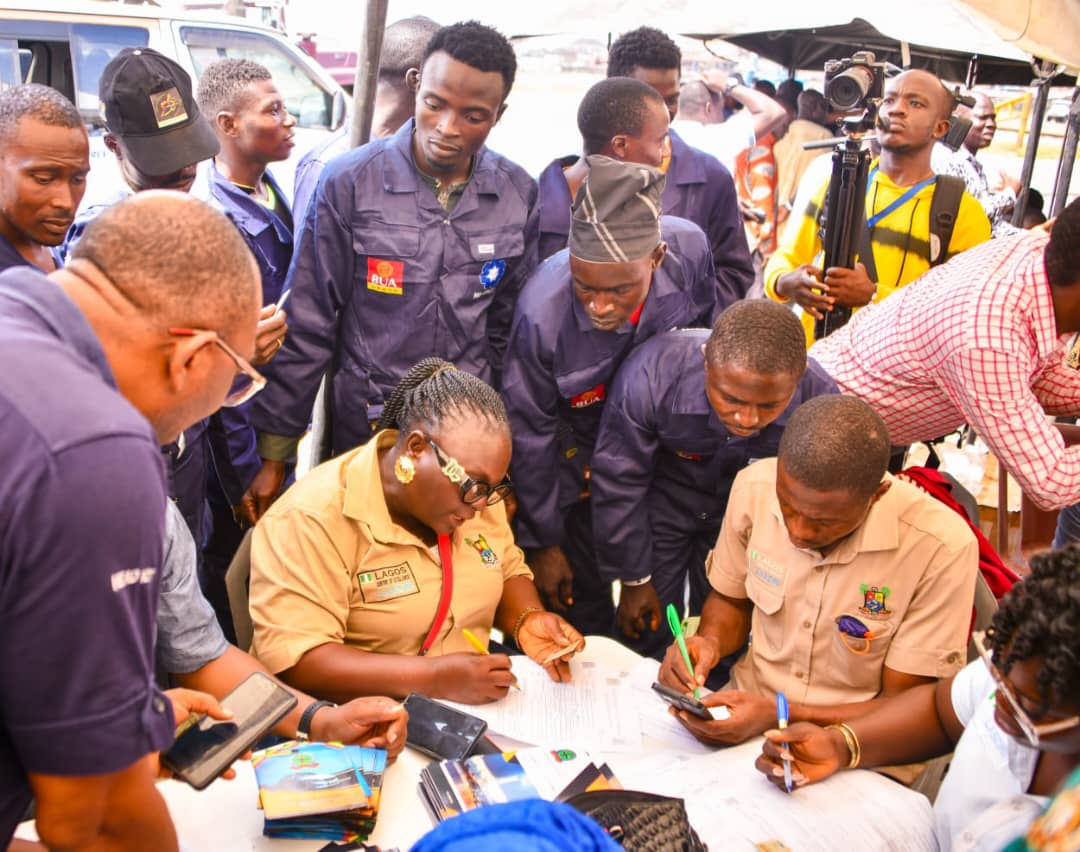EDITORIAL: Gender-based violence in Nigeria
In 2017, a non-governmental organisation, Women At Risk International Foundation (WARIF), disclosed that Nigeria recorded 10,000 cases of gender-based violence daily. Gender-based violence (GBV) is violence that is directed at an individual based on his or her biological sex or gender identity.
Examples in Nigeria include child marriage, female genital mutilation, ritual killings, trafficking for sex or slavery, domestic violence, economic abuse, and sexual, emotional, or psychological violence.
A study by the Federal Ministry of Women Affairs and Social Development and the United Nations Population Fund revealed that 28% of Nigerian women aged between 25 and 29 have experienced some form of physical or sexual violence from age 15. Another study revealed that 6 of 10 children in Nigeria experience sexual, emotional, physical abuse before the age of 18.
READ ALSO: Uzodimma accommodating Fulanis in Imo for VP position in 2023 – Kanu
This is an indication that GBV happens to both males and females. In 2020, the spate of cases, particularly during the pandemic-induced lockdown, shocked many Nigerians and led to protests, social media outcries and an increased state of awareness. This ultimately led to a state of emergency being declared last June by the Nigerian Governors Forum (NGF) across all 36 states.
The fight against GBV did not just start. A number of legislative and policy instruments have been adopted since 2006 to try to address the issue, and we have had some “wins” so far. But in the grand scheme of things, these are akin to mere drops in the ocean, with only a few states having a law against GBV.
In 2015, the Violence Against Persons Prohibition Act (VAPPA) was established. This law prohibits female genital mutilation, harmful traditional widowhood practices, and all forms of violence against persons in both private and public lives. Sadly, only 13 of our 36 states have ratified the law. It is no wonder that according to a 2018 report of Nigeria Demographic and Health Survey, 55% of Nigerian women who experienced physical or sexual violence never sought help to stop it.
In June, all States were mandated to create a sex offender register, but only two have complied. The greater challenge with the register is that for an offender to be registered, he or she must have been prosecuted. With a dismal record of prosecuting only 18% of sexual abuse cases between 2005 and 2015, it may take a while to get a veritable and useful sex offender registry!
The Gender and Equal Opportunities Bill (GEOB), has been presented to the Senate four times in the past ten years. For some reason it has not been passed into law. This is a bill that seeks to provide equal access to societal, educational, career, and political opportunities for men and women, while also prohibiting domestic and sexual violence and providing women with the same marital rights as men and introducing 18 years as the minimum legal age for marriage.
It is duplicitous to declare a state of emergency if we are not willing to address the laws (or lack thereof) that could tackle one of the major causes of GBV: gender inequality. If we see GBV as another pandemic, then having a budget to fight it becomes very important. Thankfully, the House of Representatives has promised to earmark funds for it in the 2021 budget to be presented to the National Assembly in September.
Amongst other things, these funds should provide support and structures to aid victims in seeking legal redress. So far, only two states – Ekiti and Lagos — in the country have established a GBV Fund to provide basic material support for victims of gender-based violence, including free shelters and vocational training.
With statistics that indicate GBV is experienced by at least 2 out of every 5 persons in Nigeria (2019), a free legal aid and counseling clinic in every ward or LGA across the country for victims and vulnerable groups should be considered. One important factor, that is often overlooked, in trying to tackle GBV, is personal morality.
For a nation that is very familial and religious — two institutions often accorded the duty of promoting and enmeshing personal morality — we need to demand much more from our families in the form of parental guidance. We also need support from our spiritual leaders in the area of moral instruction. Many perpetrators of GBV often act out what is learned in childhood either in the home or in religious institutions.
We must capitalise on these structures as a preventative tool and mechanism in addressing the spate of gender-based violence. In conclusion, to halt and hopefully reverse this epidemic within Nigeria, we need to work with our religious and family institutions to provide the moral foundation that prevents GBV.
We must enact and enforce laws including the GEOB and VAPPA legal provisions in ALL states of the federation. We need to have trained police officers that do not treat victims as culprits. We also need to dedicate funds to support and build structures to aid victims of GBV and help them in the path to obtaining justice and freedom.
By Daily Times Editorial










